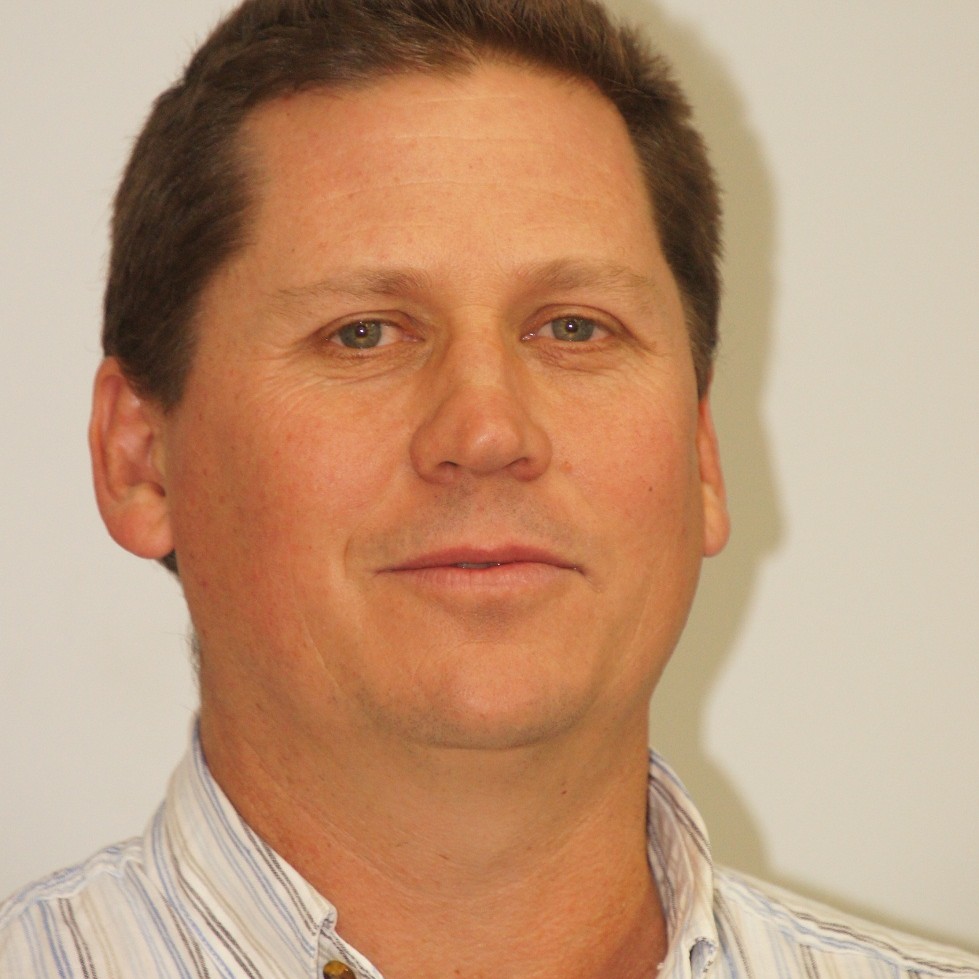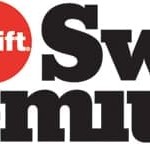 JBS Australia livestock head, Brett Campbell provided insight last week into some of his company’s successful brand programs and what opportunities/pitfalls might exist for producers thinking about launching their own brand programs.
JBS Australia livestock head, Brett Campbell provided insight last week into some of his company’s successful brand programs and what opportunities/pitfalls might exist for producers thinking about launching their own brand programs.
He was speaking to a group of Far North Queensland beef producers currently sizing-up the prospects for establishing an MSA-backed beef brand based on the Atherton Tableland/Wet tropical coast region (see this morning’s separate story.)
Mr Campbell said the shift over the 20 years he had been involved in processing from ‘generic’ carton lids to clearly-identified branded product had been ‘quite extreme.’
He identified some outstanding brand success stories right across Australia, such as Cape Grim (celebrating its grassfed origins and pristine northern Tasmanian environment), to JBS’s own MSA product produced out of Townsville, that differentiated themselves from competitors, and had a clearly defined brand ‘story.’
Mr Campbell used his company’s Swift Premium grassfed MSA brand as an example.
Significantly, Swift Premium (grassfed steer or heifer, 0-4 teeth, 200-339kg carcase weight) is packed out of three company sites – JBS Townsville, Dinmore and Rockhampton.
The big advantage in this ‘multi-source, common-spec’ strategy was in evening-out seasonal supply issues from one region to another – obviously a potentially big consideration for wet tropics beef producers looking at building their own distinct brand program.
While packed as MSA boning groups 1-9 at other sites, Swift Premium in fact includes boning group 10 at the JBS Townsville plant. That happens purely because compliance at Townsville is lower, and applying the 1-9 group standard there would knock-out quite a lot of Townsville cattle. The general run of cattle out of Townsville tended to be boning groups 10-12, Mr Campbell said.
“It raises the question, why not go to MSA boning group 10, 11 or 12 across all plants supplying Swift Premium?” he said.
 “That might sound attractive, but we are driven by our customers, as to what they require. Up to boning group 9, we can capture the four primals out of our MSA cattle (cube roll, tenderloin, striploin and rump), and get away with no more than 21 days aging, in order the achieve MSA Three-star product.”
“That might sound attractive, but we are driven by our customers, as to what they require. Up to boning group 9, we can capture the four primals out of our MSA cattle (cube roll, tenderloin, striploin and rump), and get away with no more than 21 days aging, in order the achieve MSA Three-star product.”
“But as soon as we go past boning group 9, the aging requirement extends. The striploin, for example, goes out to 28 days for an MSA Three star grill product, and that costs money, and affects cash flow.”
“We’ve had to restrict Swift Premium brand boning groups to 9, in order to keep product flowing through our cold rooms, otherwise it would quickly bank up, as most of our MSA customers require us to do the aging for them,” Mr Campbell said.
“It becomes problematic in having to hold product for 30 days or more to age it, and then not getting paid for another 21-28 days, in some cases.”
Mr Campbell also provided some contrasts with JBS’s equivalent domestic grainfed MSA brand, Friboi, mostly done at Dinmore. It, too, is packed under boning groups 1-9.
While compliance was a little higher under the grainfed Friboi program than grassfed Swift Premium, JBS still saw cattle dropping out, either due mostly to boning group (due to high ossification or hump height) or meat colour.
Together with the company’s southern MSA brand programs produced in Tasmania and Victoria, JBS had seen MSA branded beef sold through the DR Johnston wholesale network grow by an additional 3-4pc of overall beef production over the past three years.
“We are seeing more and more customers all the time requesting MSA as part of their purchasing program,” Mr Campbell said.
He stressed the ongoing need for improved knowledge of the MSA program, all the way along the supply chain from the chef, back to the producer. MSA producer refresher courses were vitally important for producers to achieve good compliance.
“There’s always something to pick up, going back over the MSA principles,” he said.
“Problems are mostly about cause and effect. Just last week we had a consignment of 120 grainfed MSA cattle that produced 35 dark cutters – in some cases up to meat colours 5 and 6. It turned out the supplier had been short of numbers for that week, so had had to go out and heavily draft four feedlot pens in order to get the cattle.”
“There are always reasons why cattle don’t perform. Next week, that feedlot’s performance was back to normal.”
In order for any MSA brand to function properly, it needed a number of key attributes, Mr Campbell told the northern producer gathering.
These extended from aspects like consistency of eating quality, consistency of presentation, food safety, animal welfare and integrity – stretching right back to the NVD/NLIS system through to where it was slaughtered and appropriate audits and other programs.
He also discussed the challenge of what do with the remainder of carcase where typically, only three or four loin and rump cuts could be marketed as MSA, amounting only 17pc of the carcase. “Everything else comes back into the mix of generic product, so there is a limitation on how much of that carcase can be sold as a branded product, at a premium,” he said.
“MSA is doing quite a lot of work on seaming and other techniques to extend that, but at the moment it is a limitation.”
Mr Campbell offered a final, salient lesson for the North Queensland group over the need for brand awareness and promotion when he displayed a powerpoint slide showing a long list of brand marketing/promotion activities, some of which cost considerable amounts of money to deliver.
“In my view, the smaller the brand program, the more specific it needs to be in terms of target market. You can’t afford to be everything to everyone: you need to have a very specific view about which direction you want to take, whether it is restaurants in Cairns and Port Douglas, retail butchers export customers in Asia,” he said.
Equally, a clear point of difference was required to make each brand successful, with the unique attributes of the region in mind.



HAVE YOUR SAY